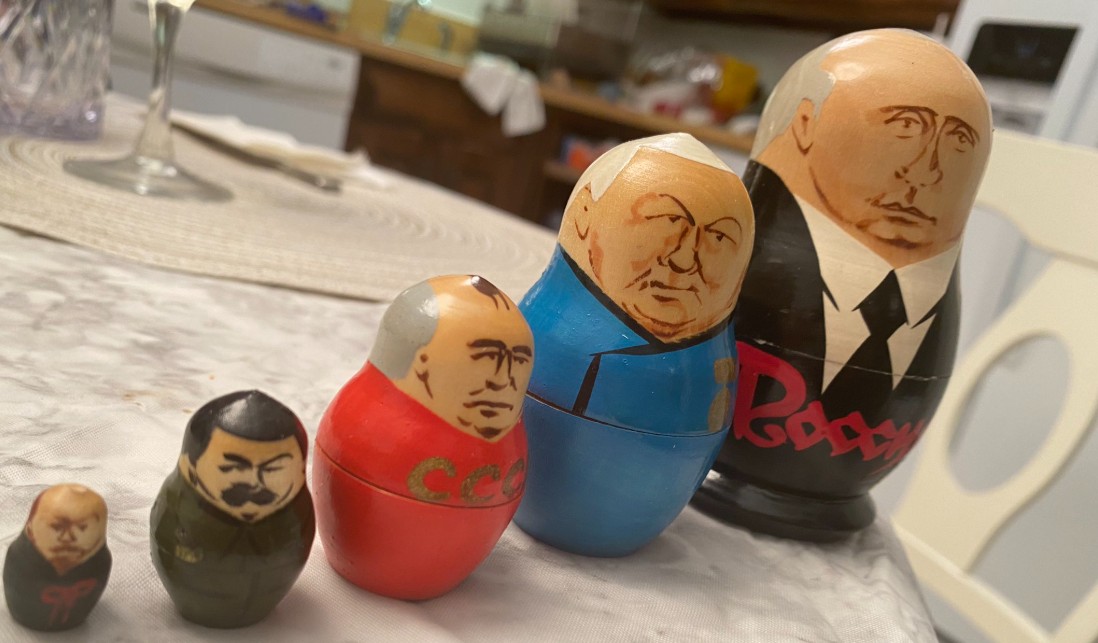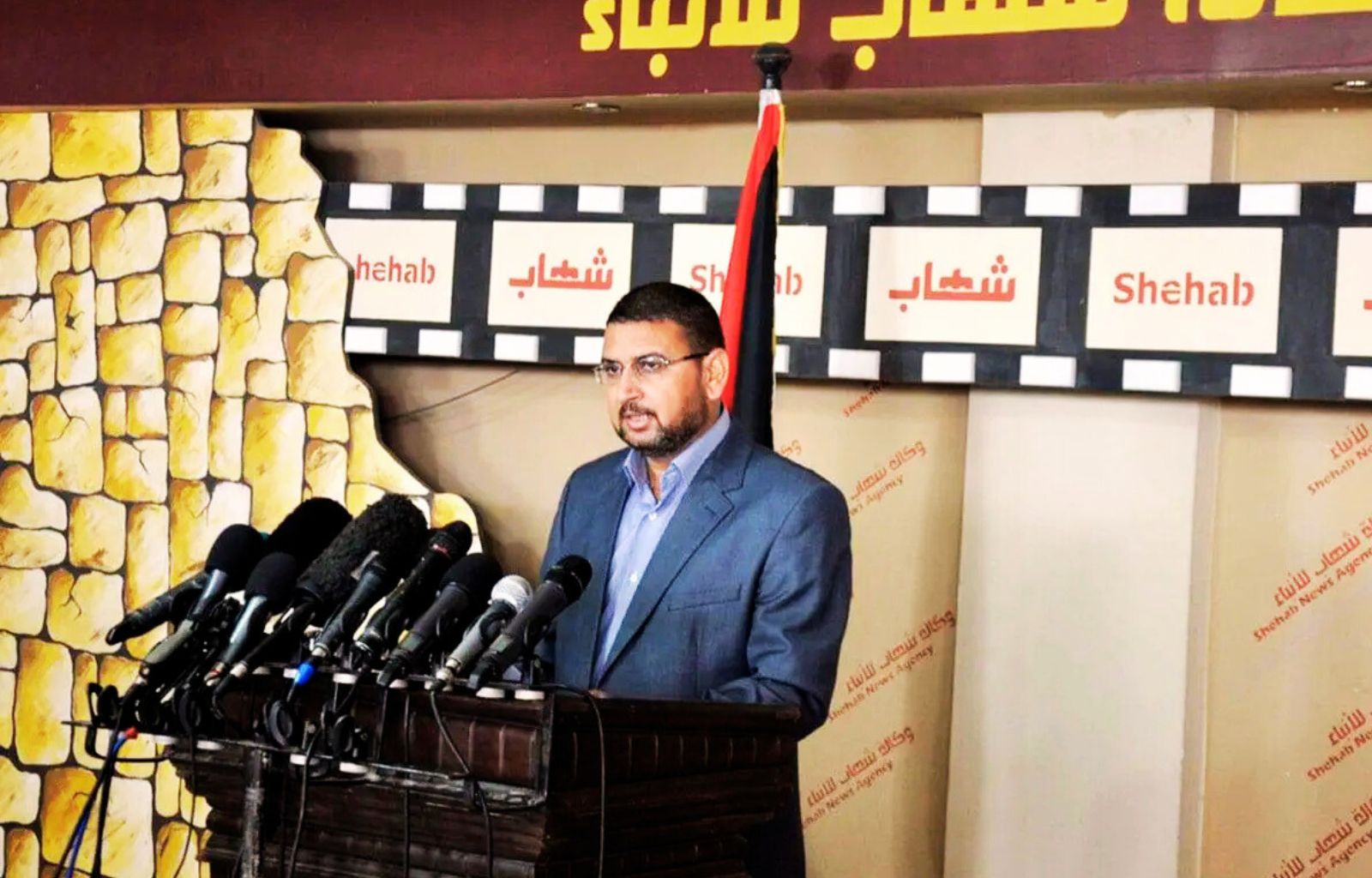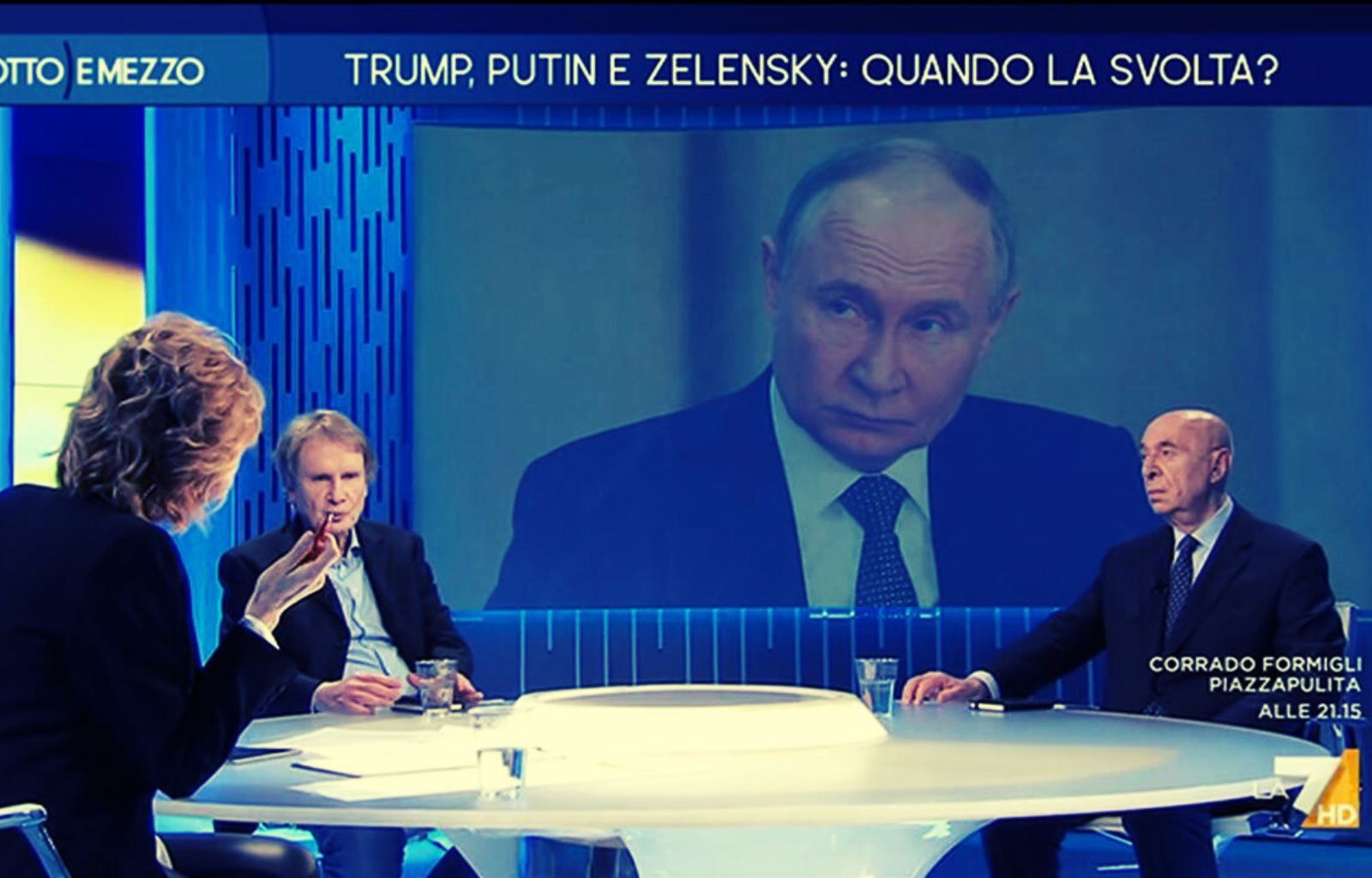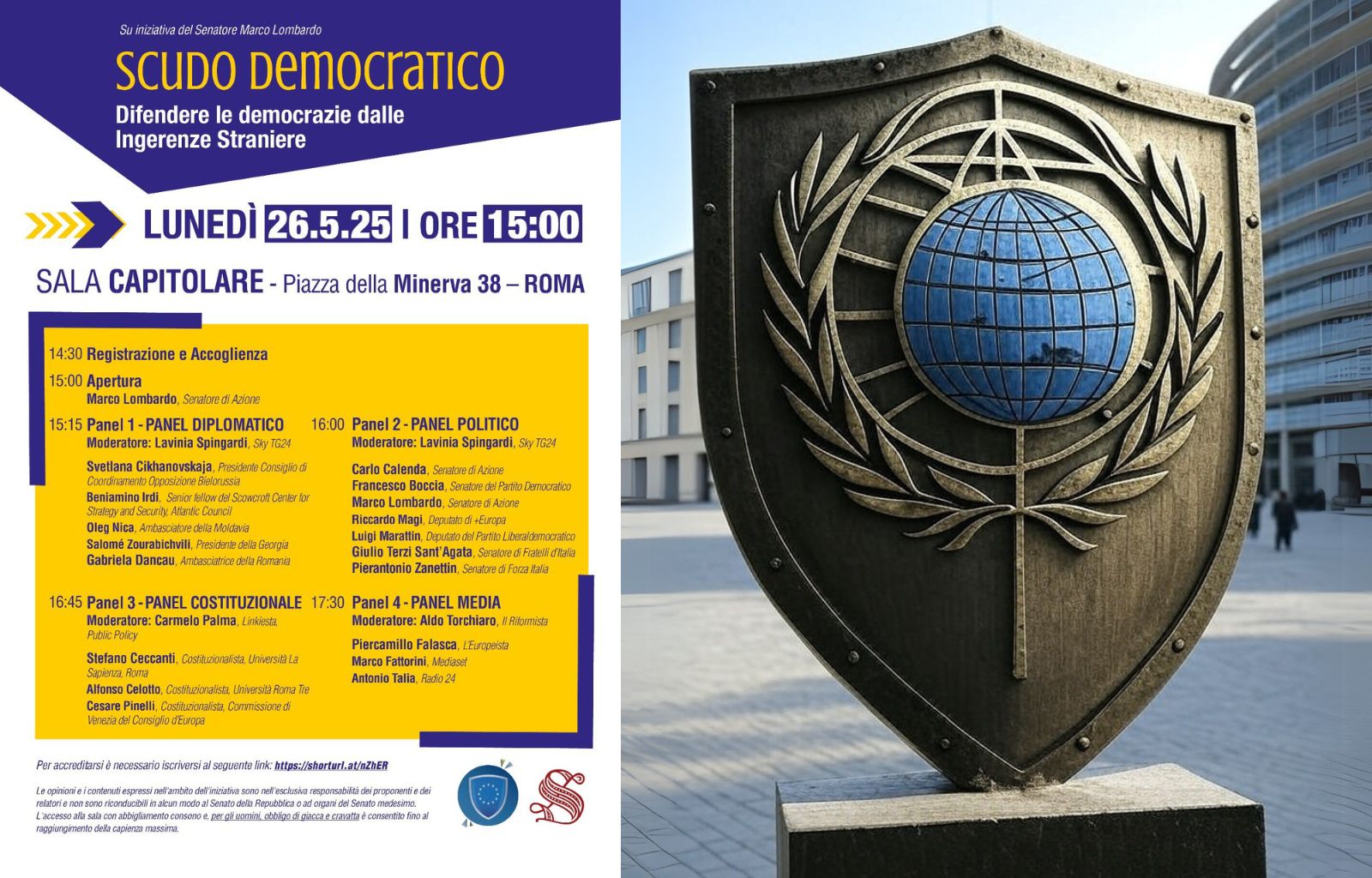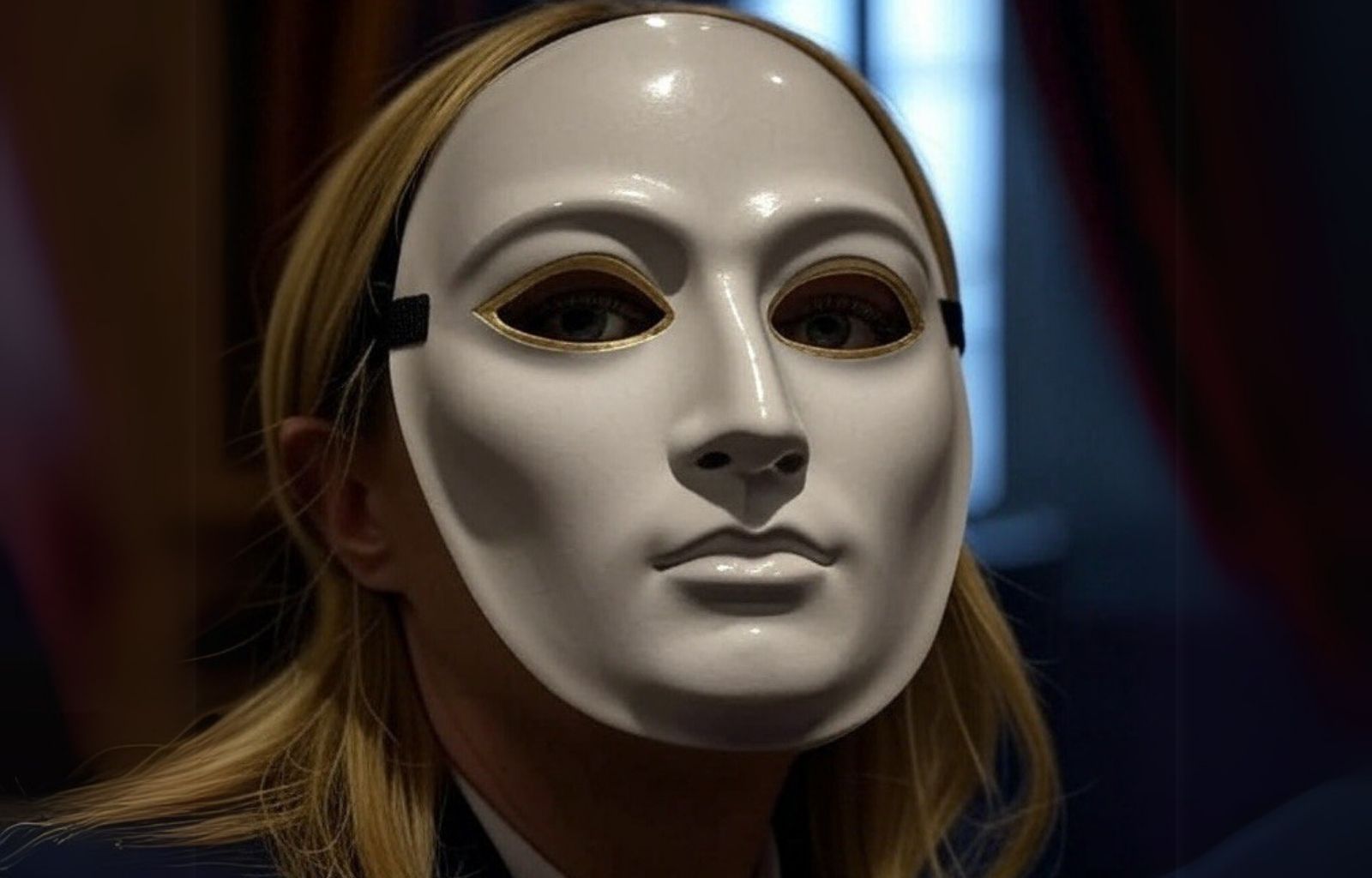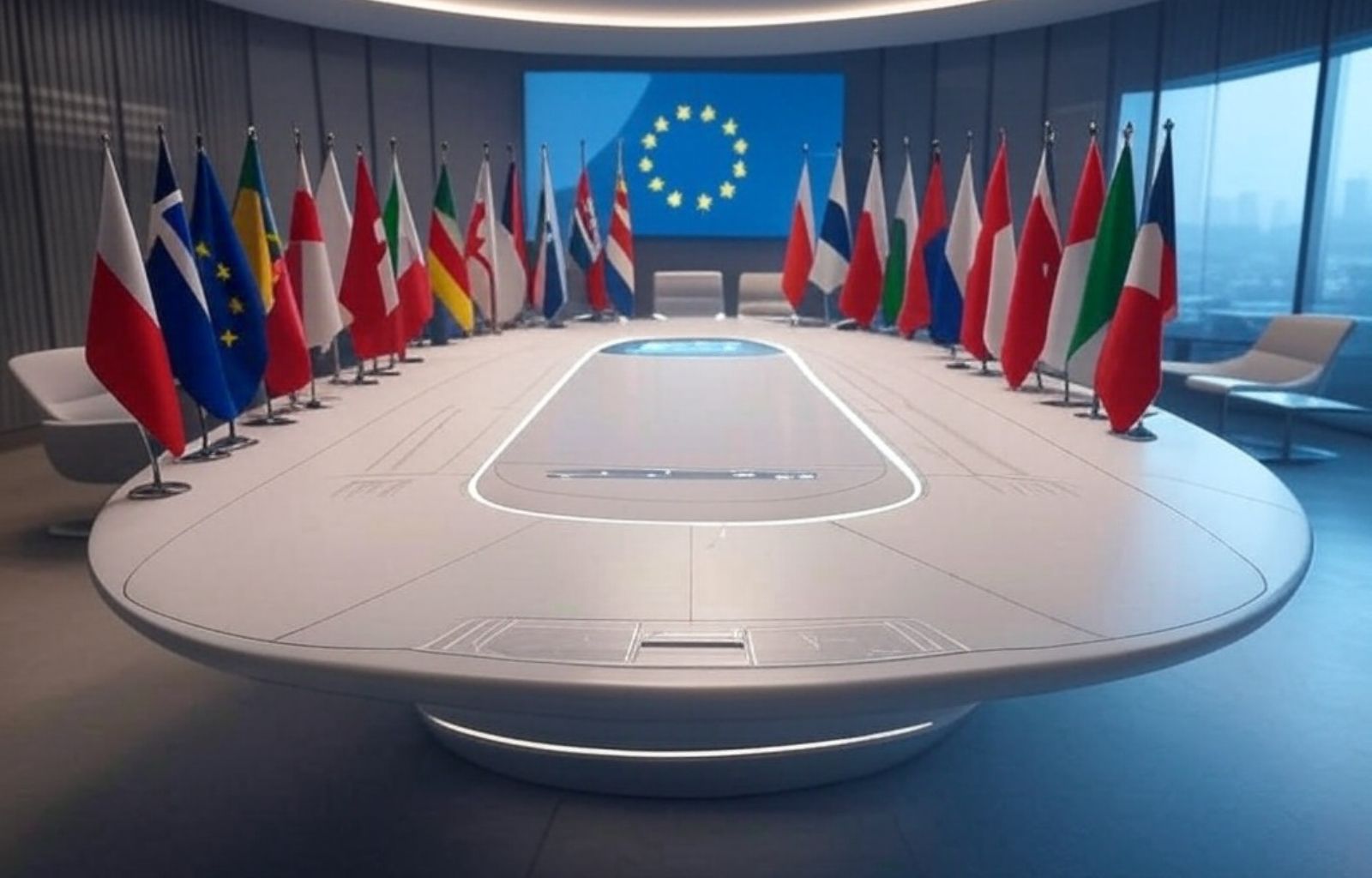We don’t talk about Imamoglu any more. How and why Erdogan deceived us
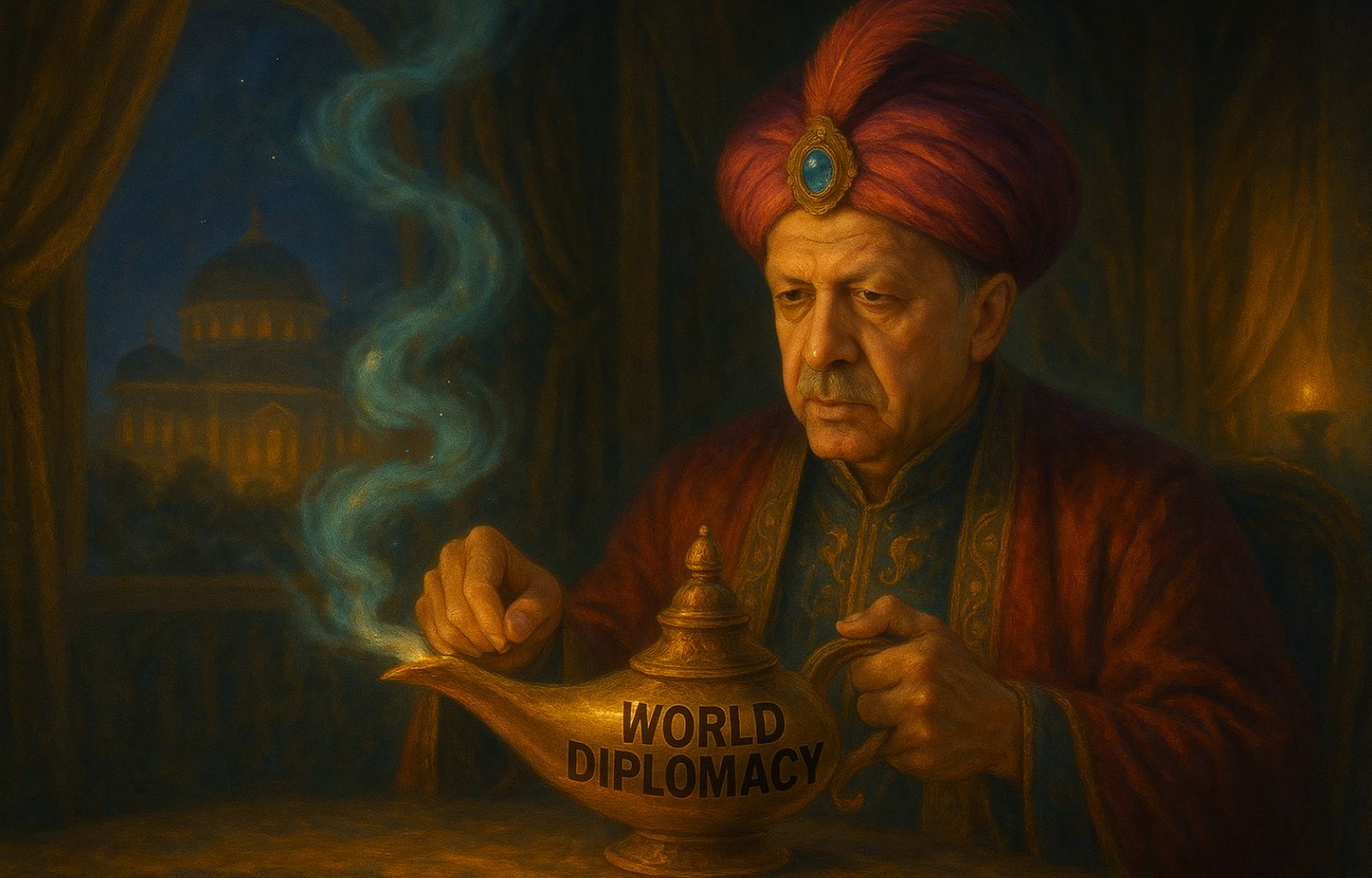
Seventy-one days. So little has passed since the specious arrest of Ekrem Imamoglu, mayor of Istanbul and symbolic face of the opposition to Erdogan. So little was enough for this event to slip into oblivion.
It was only 19 March this year. The Western world was emotionally outraged and Turkish Gen Z was dreaming of revolution. The immediate uproar having died down, today all is silent around Turkey. In deference to the Machiavellian wits of its ra’is.
Another (sad) political-communication masterpiece by Erdogan
When the first citizen and the junta of Turkey’s most populous city were locked up in Silviri prison, the squares in Istanbul and throughout the country quickly filled with thousands of protesters.
President-Sultan had no hesitation, a hard fist across the board and a relentless succession of arrests and repression against all opponents. Punctual was the prompt condemnation of international public opinion, with appeals and demonstrations of solidarity from all over the world.
The powerful popular wave of protests and the initial stiffening of some diplomatic partners had led some analysts, such as Isel Hintz of John Hopkins University, to read the authoritarian move as a sign of weakness in the Erdogan presidency.
Not to mention that the judicial-political escalation was anything but improvised.
The timing chosen by Erdogan to accelerate the transition of the Turkish form of government from competitive authoritarianism to de facto autocracy was by no means accidental.
It was the international context, combined with the current commercial, military and diplomatic conjunctures – in which Turkey plays a transversal and strategic role – that offered the Sultan the perfect opportunity to make his bold and calculated move.
With a close eye on the internal situation, and the resulting (for some surprising) developments in relations with the Kurdish minorities.
The PKK’s surrender and the road to the presidential sham 2028
After 40 years of armed conflict with the Turkish state, the 12th and final congress of the PKK (Kurdish Workers’ Party) on 9 May declared its final dissolution. The momentous break follows statements by the historic leader, imprisoned for 26 years, Abdullah Öcalan .
How to read this historical development?
On the one hand, it is a direct consequence of the recent military neutralisation of the separatist formation, reconciled above all – we will discuss this later – by the regime change in Syria.
On the other, it balances the design of progressive subjugation of the Kurdish minority within the government camp, aimed at the fateful achievement of a parliamentary quorum for the constitutional revision that will give Erdogan the chance to run for a third term in 2028.

The normalisation of relations with theformer historical enemy had the natural consequence of breaking the dangerous bond that was gradually being forged between the governmental opposition and the Kurdish minority. Dividi et impera is a maxim that never goes out of fashion, and the coldness with which the PKK and the Kurdish Dem party welcomed the wave of arrests among Imamoglu ‘s supporters is proof of this.
Syrian game decisive for regional leadership
The reinvigorated international bargaining power of the Erdogan regime has multiple causes, first and foremost the ‘victory’ achieved by the Syrian rebels of the HTS movement at the expense of Bashar al-Assad in December 2024.
The coup, militarily and financially supported by what, let us remember, is NATO‘s second largest army, led the former jihadist Al Jolani to become, in the ‘civilian’ guise of Ahmad Ḥusayn al-Sharaa, Syria’s new interim president.
Turkish influence extention in the region has shaken the fragile Middle Eastern balances, leading to the definitive military downsizing of the Kurdish PYD militias in the Rojava area – which forced the Turkish PKK into negotiations – and to the major downsizing of the ‘Axis of Evil’ built by the Islamic Republic of Iran.
Today, Erdogan leads the process of normalising the new Syrian course in front of global chancelleries, reinforced by the intention of theTrump administration and the European Commission to ‘remove all sanctions against Syria’.
The dealer maker become indispensable
Thechess skills of the Istanbulian leader are certainly not discovered in this context.
At the same time the embodiment of Turkey’s historical neo-Ottoman will to power and the interpreter of the most effective modern realpolitik on several fronts, the secret of Turkey’s perennial centrality is diplomatic indispensability, achieved through shrewdness and political pliability.
Proof of this is the resumption of high-level interlocutions of Anatolian officials with Russians and Ukrainians.
It is no coincidence that during Turkish Foreign Minister Hakan Fidan‘s recent visit to Moscow, his counterpart Sergei Lavrov opened up to the holding of a second round of Russian-Ukrainian negotiations precisely in Istanbul, following the failure ofApril 2022.
Knowing how to talk to everyone without depending on anyone, and acutely inserting oneself into every commercial, political, military and negotiating chink.
These characteristics make Erdogan’s leadership equally appreciated by the US, Russia, China, the Islamic Diyanet and, impotently, the European Union. This is more unique than rare in the current international chessboard.

Western political realism condemning Imamoglu to oblivion
The central victim of this great international intrigue is Ekrem Imamoglu himself, and with him all supporters of a democratic Turkey.
Western governments, with their conniving media, are sacrificing the Istanbul mayor’s cause on the altar of political expediency.
The oblivion over the repression in Turkey, which shows no sign of stopping with 45 arrests in the last week and the ban on public display even of Imamoglu’s image, is the victorious fulfilment of the rais’ calculation. With the timing of a bloodhound, Erdogan has taken advantage of the narrow window of international permissiveness to extinguish the growing internal tensions while minimising the reputational and diplomatic fallout.
And today, with Imamoglu and at least 5,000 other Turks detained in recent months for political reasons, the Sultan is on his way to consolidating his perennial leadership. Meanwhile, we watch in silence.
Forgetting Ekrem Imamoglu.


